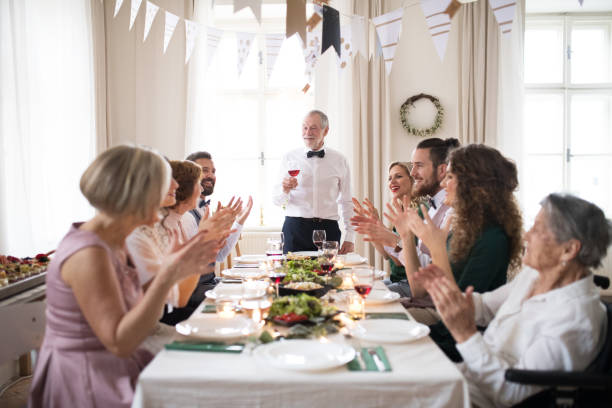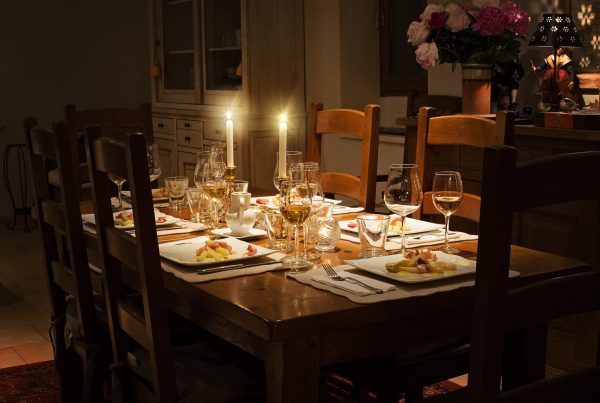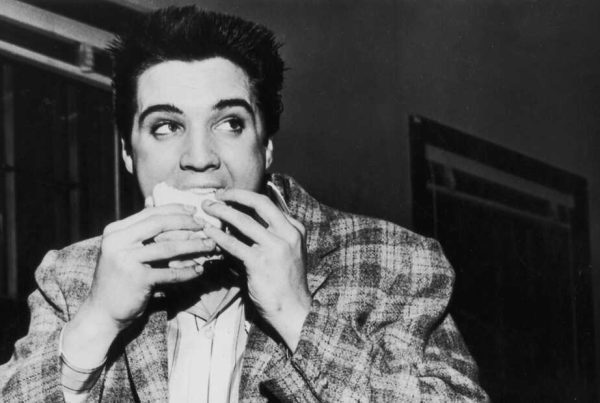Toasting at a dinner party is more than just a moment to raise your glass; it’s a ritual that enriches the gathering, creating memories and forging connections. Mastering the etiquette of toasting can transform any dinner party from simply enjoyable to genuinely memorable.
Here’s your guide to doing it with style and grace, brought to you by Private Chef Direct, your go-to for elevating dinner parties to an art form.

Understanding Toast Etiquette
Toasting has roots deep in history, serving as a gesture of goodwill, celebration, and unity. While the act might seem straightforward, it’s laden with cultural nuances and etiquette that vary around the world.
In the UK, toasting is a staple of dinner parties, weddings, and any occasion worth marking with a speech and a sip. It’s about honouring the moment, the people present, and sometimes, the ones who couldn’t make it.
Who Makes the Toast
The Host’s Role
The host’s toast is the cornerstone of the evening, setting the tone for the event. It’s customary for the host to deliver the first toast, typically as a welcome or to mark the beginning of the meal. This toast is an opportunity to thank guests for their presence and to signify the start of what’s hoped to be a delightful evening. It doesn’t have to be a lengthy monologue; a few heartfelt words can make all the difference.
Guest Toasts
After the host has spoken, guests may feel moved to propose a toast. This could be to acknowledge the host’s hospitality, celebrate a particular occasion, or simply contribute a personal touch to the evening. If you’re a guest wishing to make a toast, ensure it’s appropriate in timing and content. A good rule of thumb is to wait until after the main course has been cleared, signalling a more relaxed, conversational part of the evening.

When to Make Toasts
Timing of Toasts
Choosing the right moment for a toast can enhance its impact. Traditionally, the first toast is made once everyone has been served a drink but before the meal commences. However, the flow of the evening might suggest other opportune moments—for instance, between courses or as a concluding note to the dinner.
Special Occasions
Certain toasts are predestined by the nature of the celebration. Birthdays, anniversaries, and professional milestones each have their moment, often accompanied by speeches that reflect on past achievements or look forward to future endeavours.
Reading the Room
The key to a successful toast is not just in what is said but in reading the room. A well-timed toast resonates with the mood of the gathering, enhancing the communal experience without interrupting the natural progression of the evening.
How to Toast Properly
Crafting Your Toast
A compelling toast is succinct, sincere, and tailored to the occasion. Begin with a brief introduction of yourself, if the setting is formal or includes guests who may not know you. The core of your toast should reflect a sentiment that resonates with the occasion and the audience, whether it’s gratitude, celebration, or commemoration.
Humour can be a delightful addition, provided it’s appropriate and well-received. Conclude with a clear cue for guests to raise their glasses, such as “To [the honouree or occasion]!”
Delivery Tips
Confidence and clarity are key in delivering your toast. Stand up, unless the setting is very informal, to command the attention of the room. Make eye contact with your audience, particularly if you’re toasting an individual, to foster a connection.
Speak clearly and project your voice to ensure everyone can hear you, pausing briefly before and after for effect.
Remember, a toast is not a test of endurance for your audience; keep it under a minute to maintain engagement.
Toasting Etiquette
Raising your glass is the universal signal that a toast is underway. Use your right hand, and lift your glass at chest height. It’s traditional to clink glasses in smaller gatherings, though simply raising your glass in a larger assembly suffices.
Take a sip after the toast is concluded to signify its end. If you’re the subject of the toast, it’s polite not to drink to yourself—simply nod in acknowledgement or say thank you.
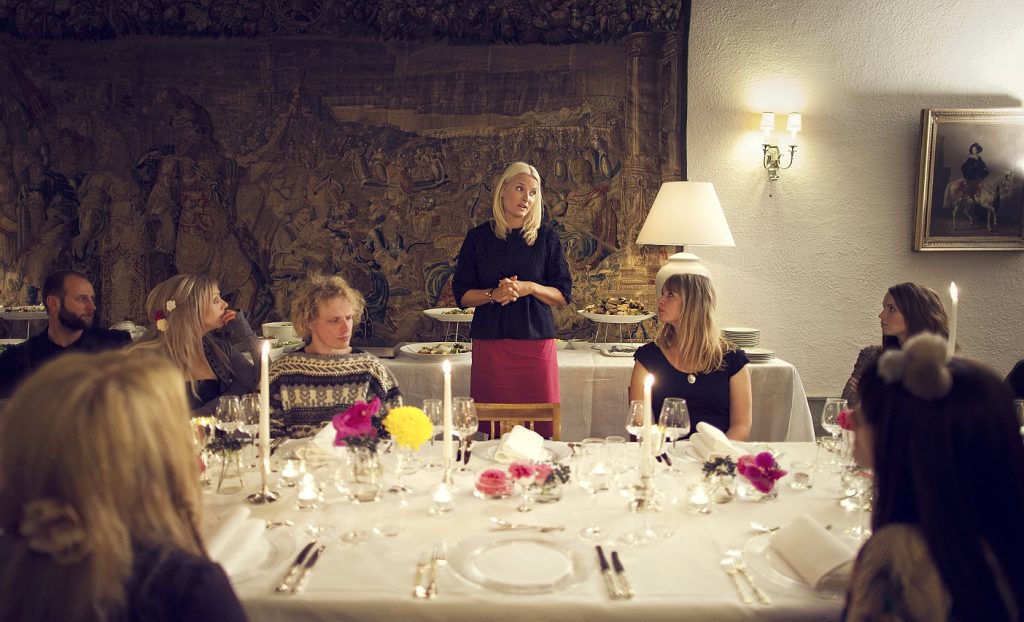
Types of Toasts
Understanding the different types of toasts can help you tailor your message for the occasion. Here are a few categories, each with its unique flavour:
- Celebratory Toasts: Ideal for birthdays, weddings, promotions, or any joyous occasion. Focus on the achievements or happiness of the honouree(s).
- Appreciative Toasts: Used to thank the host or acknowledge the efforts of a particular person in organising the event.
- Commemorative Toasts: To remember someone who has passed or to mark a significant historical date, these toasts are respectful and reflective.
- Encouraging Toasts: Offered to inspire or motivate, often in the context of new beginnings like graduations or new ventures.
Toast Ideas
- Celebratory: “Here’s to [honouree’s name]’s new journey—may it be as bright and promising as they are!”
- Appreciative: “To our gracious host, who has made this beautiful evening possible. Your effort and warmth light up this gathering.”
- Commemorative: “Let us raise our glasses to remember [name], whose spirit and joy continue to inspire us every day.”
- Encouraging: “To new beginnings and the adventures that await. May you always find the strength to pursue your dreams.”
Understanding these nuances and types of toasts can significantly enhance the quality of your speech, ensuring it not only resonates with your audience but also enriches the dinner party experience.
Common Toasting Mistakes to Avoid
Crafting and delivering a toast can be a highlight of any dinner party, but there are pitfalls to avoid. Here are some common missteps that can detract from the moment:
- Overindulgence Before Toasting: Ensure you’re in a clear state of mind to deliver your toast with the respect and attention it deserves.
- Making It Too Personal: While personal touches are valuable, overly personal anecdotes can make other guests feel excluded or uncomfortable.
- Ignoring the Audience: Tailor your toast to the audience; what works for a close-knit family gathering might not suit a formal business dinner.
- Lack of Preparation: A completely impromptu toast can sometimes stumble into awkwardness or irrelevance; a minimal amount of preparation can make a world of difference.
- Going Overboard: Keep it concise. A lengthy toast can lose the audience’s attention and momentum of the evening.
Key Things to Know for Toasting
- Timing is Everything: Find the right moment during the gathering for your toast to have the most impact.
- Connect with Your Audience: Eye contact and a clear voice project confidence and help forge a connection with your listeners.
- A Touch of Humour: Appropriately used, humour can lighten the mood and make your toast memorable.
- End with a Clear Toasting Cue: Signal to your audience when it’s time to raise their glasses, with phrases like “To [subject of the toast]!”
Practice Makes Perfect
Even the most spontaneous toasts benefit from a touch of preparation. If you anticipate delivering a toast, take some time to jot down your thoughts and rehearse your words. Practising in front of a mirror or with a trusted friend can help smooth out any nerves and refine your delivery, ensuring that your message is both clear and impactful.
The Importance of Authenticity
While etiquette provides a framework, the heart of a toast is authenticity. Speak from the heart, sharing genuine sentiments that resonate with your audience. Authenticity fosters a connection that scripted words cannot, turning a simple toast into a memorable moment that strengthens the bonds between you and your guests.
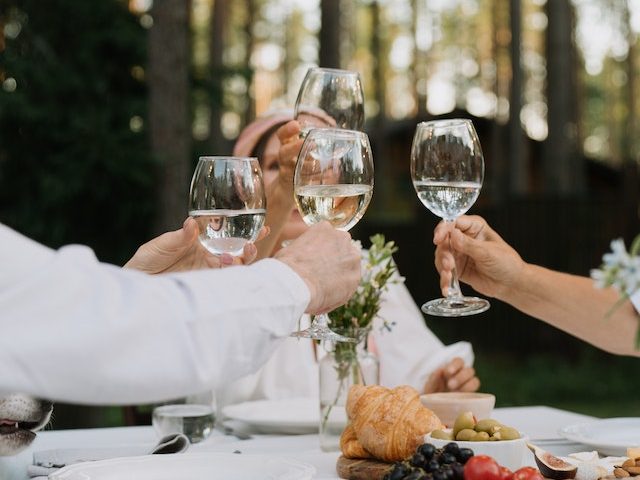
Embracing the Moment
The true beauty of a toast lies in its ability to capture and enhance the moment. Whether it’s a celebration, a farewell, or a mark of respect, a well-delivered toast can encapsulate the essence of the occasion, leaving an indelible mark on the hearts of all present.
Inviting Scott from Private Chef Direct
In the spirit of creating unforgettable moments, consider the unparalleled experience of hosting a dinner party with the culinary expertise of Scott from Private Chef Direct. Imagine the delight of your guests as they’re treated to a gourmet feast, each dish a masterpiece of flavour and presentation. Scott’s dedication to culinary excellence and his ability to tailor the dining experience to your specific desires ensures that your event will be as unique as it is delicious.
A dinner party is not just about the food; it’s about the atmosphere, the company, and the memories created. By combining your mastery of toasting with Scott’s culinary skills, you’re not just hosting a dinner party; you’re crafting an experience that celebrates the joy of fine dining and the warmth of good company.
Conclusion
Mastering the art of toasting is a journey of refinement, authenticity, and connection. It enhances the fabric of our social gatherings, transforming simple meals into occasions of celebration and gratitude. And when paired with the culinary artistry of a private chef, it elevates the dining experience to new heights, creating an event that will be cherished and remembered.
Whether you’re raising a glass to mark a special occasion or simply to celebrate the presence of loved ones, remember that the essence of a great toast lies in its sincerity and the shared moments it creates. And for those looking to elevate their next gathering, Private Chef Direct offers the perfect blend of gourmet dining and personal touch to make your dinner party an unparalleled success.
Enquire with Private Chef Direct today, and let Scott bring the magic of gourmet cooking to your home, complementing your heartfelt toasts and ensuring your dinner party is nothing short of spectacular.

